Hiring the right injury law firm can make a significant difference in the outcome of your personal injury case. Choosing a lawyer is not just about reputation or advertising—it is about finding an accident injury law firm that understands your situation and will fight for your best interests. Asking the right questions before hiring ensures you make a well-informed decision. This article explores the key questions to ask in a professional yet friendly manner.
Experience in Handling Similar Cases
One of the first questions to ask is about the firm’s experience with cases like yours. Different types of injuries or accidents require unique approaches. You want a lawyer who has handled similar claims successfully. Ask about past results and how they navigated challenges in those cases. Experience translates to confidence in knowing what strategies work and what pitfalls to avoid.
Success Rate and Track Record
Understanding a law firm’s success rate can give you a perspective on its ability to deliver results. Ask about settlements and verdicts they have achieved. While past performance doesn’t guarantee future outcomes, it provides insight into their competence. A track record of positive results shows the firm has the skills and knowledge to represent clients effectively.
Communication and Availability
Clear communication is vital in any legal process. Ask how often you will receive updates and what methods they use to stay in touch. Knowing who will answer your questions and how quickly they respond helps set expectations. A firm that values transparency ensures you are never left in the dark about the progress of your claim.
Fees and Payment Structure
Discussing fees upfront avoids surprises later. Most injury law firms work on a contingency basis, meaning they get paid only if you win. Ask about their percentage, any additional costs, and how expenses are handled. Understanding the payment structure allows you to make an informed decision without financial stress.
Case Strategy and Approach

Every personal injury case is different. Ask the firm about their approach to your specific situation. How will they gather evidence, handle negotiations, or prepare for trial if necessary? A thoughtful and thorough strategy indicates the firm is committed to achieving the best possible outcome. Their approach should reflect professionalism while keeping your goals in mind.
Client Support and Resources
A strong injury law firm offers more than legal advice. Ask about the support system available to you, including paralegals, investigators, or medical consultants. These resources can make a substantial difference in building a strong case. Knowing the level of support ensures you have the utmost confidence in the firm’s ability to manage your claim effectively.
Timelines and Expectations
It is important to discuss timelines and what to expect during the legal process. Ask how long they anticipate your case will take and the typical steps involved. Understanding realistic timelines reduces stress and helps you plan accordingly. Firms that provide clear guidance on expectations demonstrate professionalism and respect for your time.
Client Reviews and References
Finally, consider asking for client references or reading reviews. Hearing from former clients about their experiences offers a unique perspective on the firm’s approach and effectiveness. Positive feedback can confirm your choice, while honest assessments may reveal potential concerns. Taking this step ensures you make a decision based on comprehensive information.
Choosing an injury law firm requires careful consideration. Asking the right questions helps you find a lawyer with the experience, approach, and support needed for your case. Focus on their track record, communication style, fees, and resources. Take the time to understand how they plan to handle your claim and what results you can realistically expect. By being proactive and informed, you increase your chances of a successful outcome and a smoother legal process.


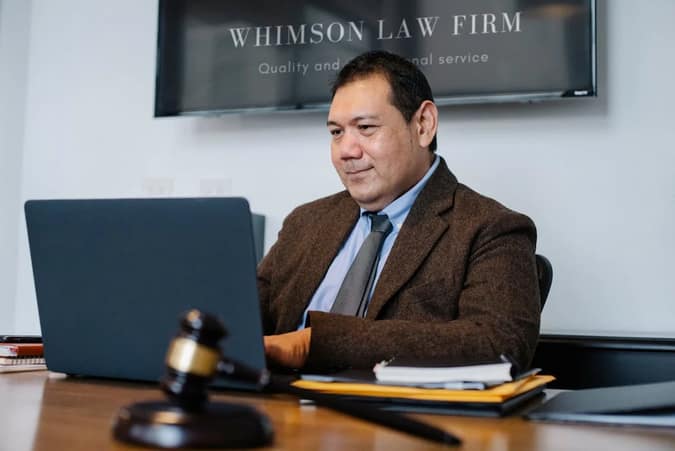




 Efficient workflow management involves optimizing the processes and procedures within a law office. This factor encompasses several aspects, such as streamlining document management, automating repetitive tasks, and establishing clear communication channels.
Efficient workflow management involves optimizing the processes and procedures within a law office. This factor encompasses several aspects, such as streamlining document management, automating repetitive tasks, and establishing clear communication channels. A commitment to continuous improvement is essential for long-term efficiency gains in a law office. This factor involves regularly assessing and optimizing processes based on feedback and performance metrics. Performance indicators such as billable hours, client satisfaction rates, and case outcomes should be monitored to identify areas for improvement. Conducting regular training and workshops to enhance both the technical and soft skills of lawyers and staff members is crucial.
A commitment to continuous improvement is essential for long-term efficiency gains in a law office. This factor involves regularly assessing and optimizing processes based on feedback and performance metrics. Performance indicators such as billable hours, client satisfaction rates, and case outcomes should be monitored to identify areas for improvement. Conducting regular training and workshops to enhance both the technical and soft skills of lawyers and staff members is crucial.
 Make sure the lawyer you’re considering is experienced in insurance law. It is a highly specialized area of the law, so you’ll want to make sure your lawyer has the experience and knowledge necessary to help you with your case. Ask the lawyer how many cases like yours they have handled in the past. Also, inquire if they have any specific experience with the insurance company you’re dealing with.
Make sure the lawyer you’re considering is experienced in insurance law. It is a highly specialized area of the law, so you’ll want to make sure your lawyer has the experience and knowledge necessary to help you with your case. Ask the lawyer how many cases like yours they have handled in the past. Also, inquire if they have any specific experience with the insurance company you’re dealing with. Most insurance lawyers offer a free consultation, so take advantage of this and meet with a few different lawyers before you make your final decision. It will give you a chance to get to know the lawyer and ask questions you may have about your case.
Most insurance lawyers offer a free consultation, so take advantage of this and meet with a few different lawyers before you make your final decision. It will give you a chance to get to know the lawyer and ask questions you may have about your case.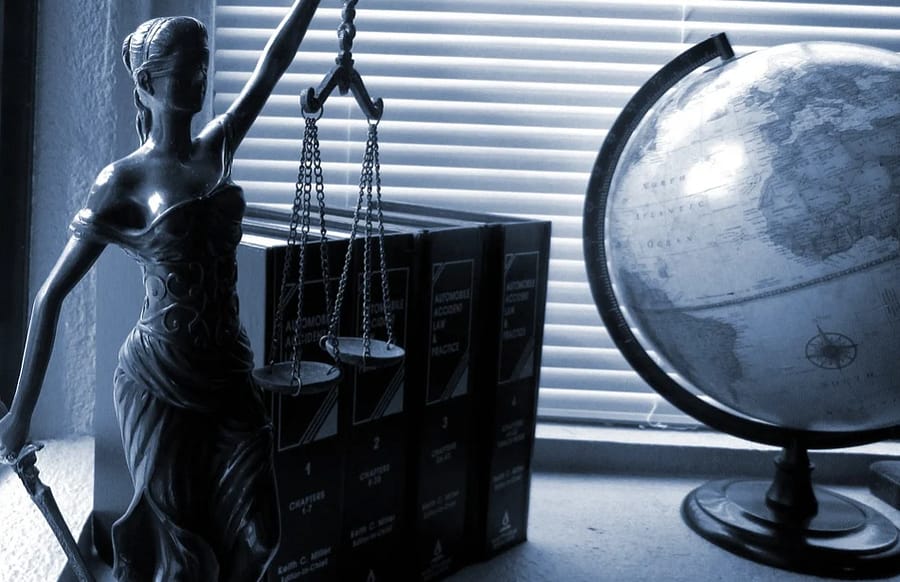
 Luckily, car accident attorneys have more experience in handling all aspects of a car accident. They can help the average citizen navigate the mountain of paperwork and insurance required to sue a negligent driver. It is often best to speak with an attorney immediately after an accident to avoid talking to insurance adjusters or authorities. Here are the top 5 reasons to contact an attorney after a car accident.
Luckily, car accident attorneys have more experience in handling all aspects of a car accident. They can help the average citizen navigate the mountain of paperwork and insurance required to sue a negligent driver. It is often best to speak with an attorney immediately after an accident to avoid talking to insurance adjusters or authorities. Here are the top 5 reasons to contact an attorney after a car accident. Many people believe that insurance companies are acting in their best interest. Ultimately, insurance companies want to make money. It often comes at the expense of a customer who has been paying high premiums for years. Insurance companies may offer a settlement that is less than what the situation deserves. For this reason, it is essential to speak with an experienced attorney who is familiar with auto accident insurance claims.
Many people believe that insurance companies are acting in their best interest. Ultimately, insurance companies want to make money. It often comes at the expense of a customer who has been paying high premiums for years. Insurance companies may offer a settlement that is less than what the situation deserves. For this reason, it is essential to speak with an experienced attorney who is familiar with auto accident insurance claims.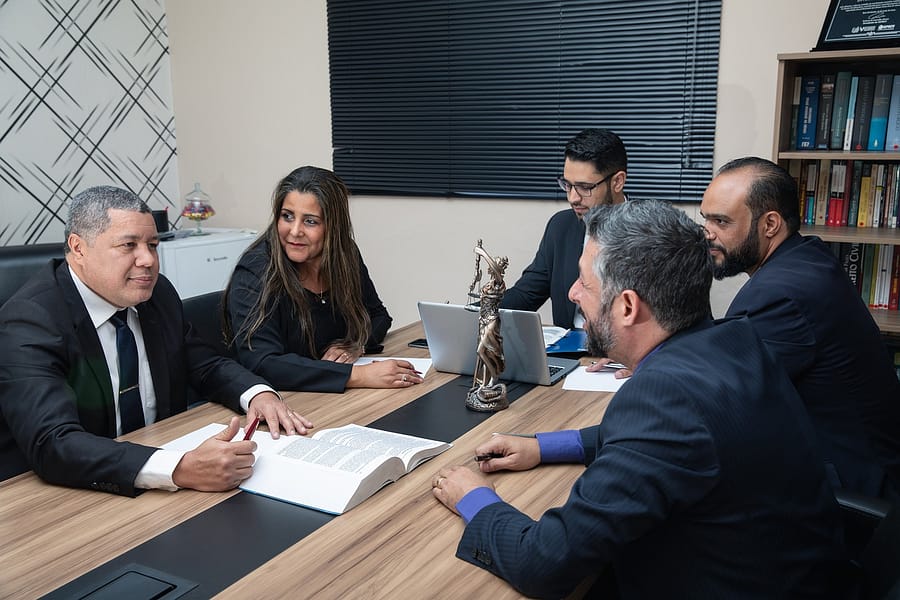
 Remember that the U.S. federal court system has eight different types of bankruptcy filings. The two most popular are Chapter 13 and Chapter 7, however, you will discover quite a few different and rational details that are relevant to each type of filing.
Remember that the U.S. federal court system has eight different types of bankruptcy filings. The two most popular are Chapter 13 and Chapter 7, however, you will discover quite a few different and rational details that are relevant to each type of filing. This usually means that the bankrupt party must file bankruptcy papers with the country, usually in a state capital. Your bankruptcy attorney should know the address and the rules regarding whether the documents can be emailed or must be delivered in person.
This usually means that the bankrupt party must file bankruptcy papers with the country, usually in a state capital. Your bankruptcy attorney should know the address and the rules regarding whether the documents can be emailed or must be delivered in person.
 Although all of the fantastic criminal defense
Although all of the fantastic criminal defense 
 Below this verdict, a person may receive liability sanctions after the cause of the suffering and pain is an activity for which a negligent party is responsible. When someone causes acts that cause harm to another person, the defendant is called the defendant, while the injured man is the plaintiff.
Below this verdict, a person may receive liability sanctions after the cause of the suffering and pain is an activity for which a negligent party is responsible. When someone causes acts that cause harm to another person, the defendant is called the defendant, while the injured man is the plaintiff. On the other hand, people who serve as legal counsel for women and men who have continued to suffer harm should make sure that those responsible for the harm pay for it by creating a situation that is powerful in their eyes. In all cases involving personal injury law, tons of primary components are included.
On the other hand, people who serve as legal counsel for women and men who have continued to suffer harm should make sure that those responsible for the harm pay for it by creating a situation that is powerful in their eyes. In all cases involving personal injury law, tons of primary components are included.
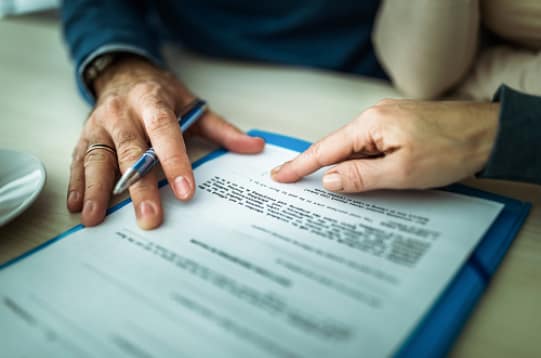



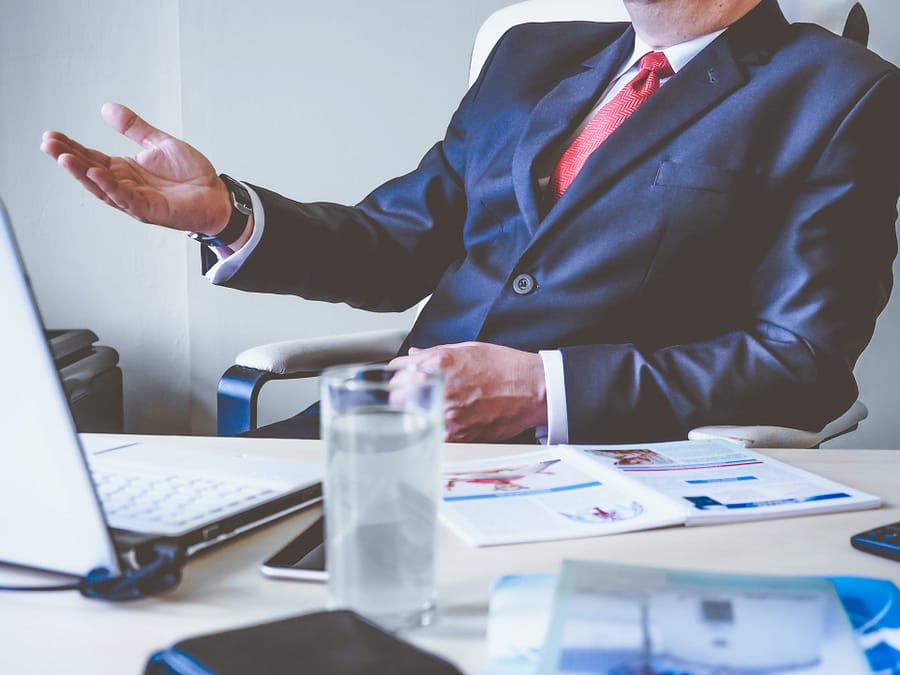
 If you are working on a sensitive issue, this could be a challenge. Ask friends or colleagues who may know a reputable lawyer in your area who can help you professionally solve the problem. It may also be worth asking several lawyers to find out who you are familiar with.
If you are working on a sensitive issue, this could be a challenge. Ask friends or colleagues who may know a reputable lawyer in your area who can help you professionally solve the problem. It may also be worth asking several lawyers to find out who you are familiar with.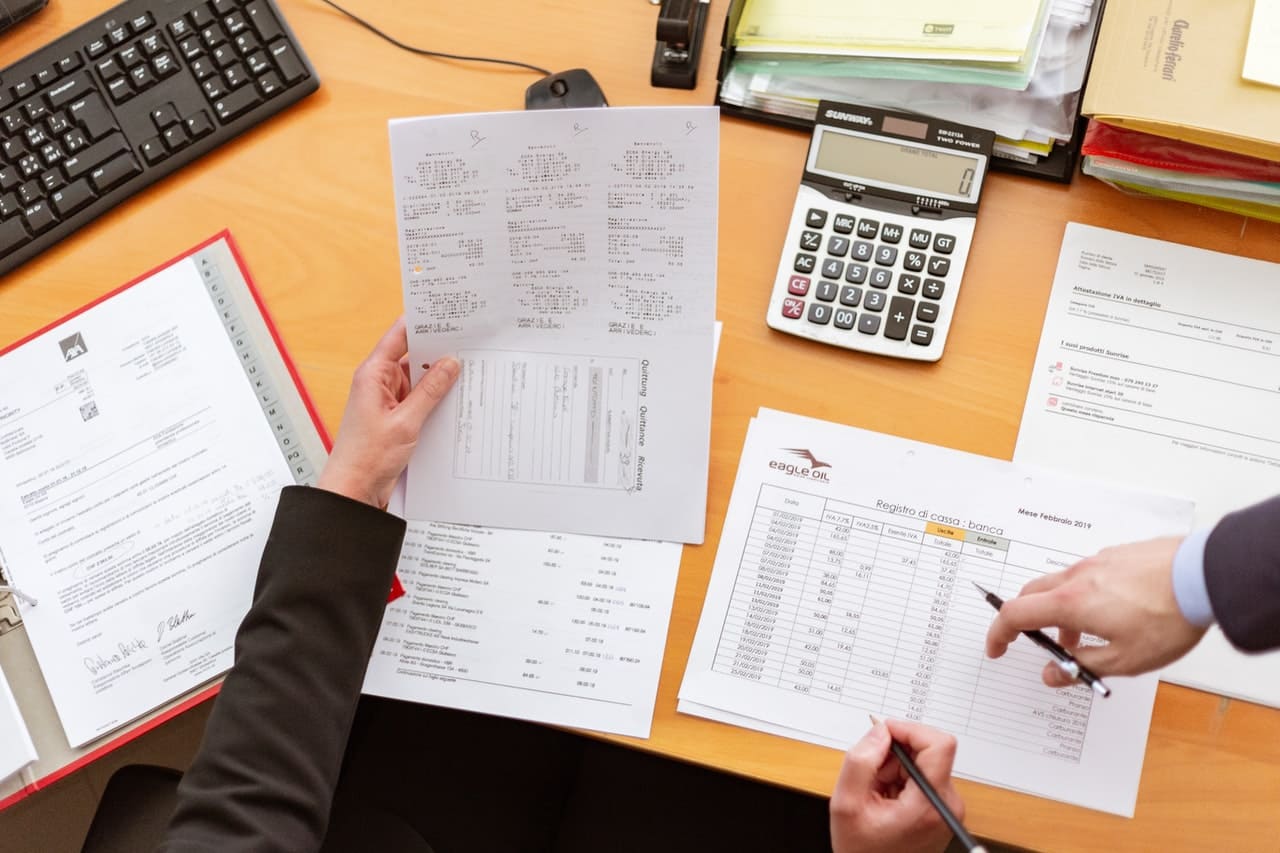

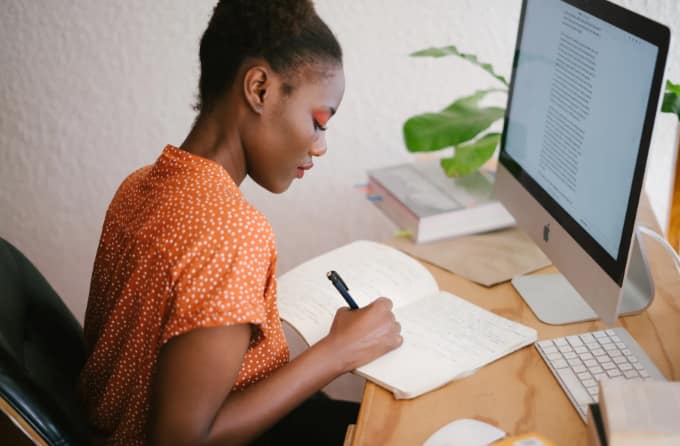
 A testator is a person who possesses the resources to be shred upon his/her death. In some states, over 21-year olds may have a will written on his/her behalf. However, people that are 35 years old and over are typically those that want a will the most, particularly if they’re married with kids. That is because, along with instructions on the best way to distribute their riches, testators may assign the children’s guardians. Parents may make plans to make certain their kids are taken care of.
A testator is a person who possesses the resources to be shred upon his/her death. In some states, over 21-year olds may have a will written on his/her behalf. However, people that are 35 years old and over are typically those that want a will the most, particularly if they’re married with kids. That is because, along with instructions on the best way to distribute their riches, testators may assign the children’s guardians. Parents may make plans to make certain their kids are taken care of.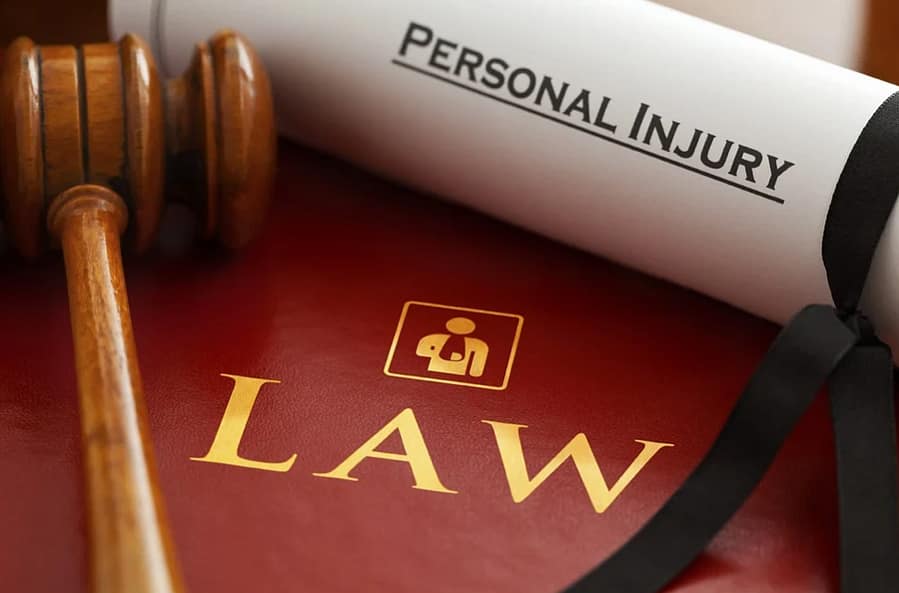
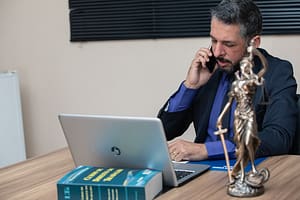 As you are about to make a complaint against the party who causes the damage, you need someone who knows the laws that apply to many types of personal injury. One thing you need to understand that no one has succeeded in obtaining full restitution, so hiring a legal assistant is essential to help you gain your claim at maximum. Talk and discuss with your specialized legal assistant who understands your rights. A professional lawyer familiar with most injuries understands precisely what to do and not to do regarding most injuries cases. They have enough experience related to personal injury claims, and some might be probably the same as yours. Also, the expert legal assistance has a clear idea of the points or factors that can reinforce or reduce the compensation you are allowed to claim. As a result, the insurance adjuster’s lawyer and the other party cannot fabricate your claim’s actual cost.
As you are about to make a complaint against the party who causes the damage, you need someone who knows the laws that apply to many types of personal injury. One thing you need to understand that no one has succeeded in obtaining full restitution, so hiring a legal assistant is essential to help you gain your claim at maximum. Talk and discuss with your specialized legal assistant who understands your rights. A professional lawyer familiar with most injuries understands precisely what to do and not to do regarding most injuries cases. They have enough experience related to personal injury claims, and some might be probably the same as yours. Also, the expert legal assistance has a clear idea of the points or factors that can reinforce or reduce the compensation you are allowed to claim. As a result, the insurance adjuster’s lawyer and the other party cannot fabricate your claim’s actual cost.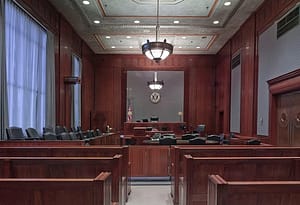 The insurance adjuster may be induced to compete with your claim to a certain extent if you are represented by a lawyer specializing in personal injury. It happens because the insurance party understands well that your lawyers are determined to take the case into court. Meanwhile, the insurance lawyer has to defend their party not to go to court. Otherwise, the insurance company will be forced to take whatever they deem necessary to insure you. This way, these insurers are encouraged to offer a higher price rather than going to court.
The insurance adjuster may be induced to compete with your claim to a certain extent if you are represented by a lawyer specializing in personal injury. It happens because the insurance party understands well that your lawyers are determined to take the case into court. Meanwhile, the insurance lawyer has to defend their party not to go to court. Otherwise, the insurance company will be forced to take whatever they deem necessary to insure you. This way, these insurers are encouraged to offer a higher price rather than going to court.